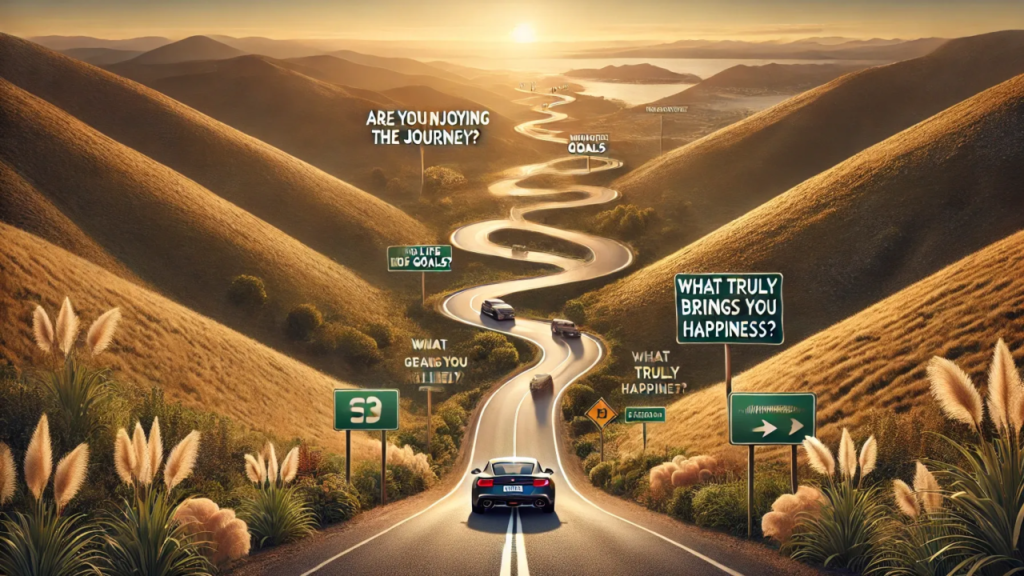Games and cars represent power and wealth in modern society. Luxury cars in games symbolize success and status. However, not everyone can afford these dreams, creating frustration and inequality.
Bet on speed or style, and the industries profit. They sell ideas of freedom and excitement but ignore the struggles of everyday people.
Car Brands Dominate Gaming
Racing games often feature famous car brands. These brands use games to promote their luxury vehicles. Players choose dream cars, but the games avoid topics like pollution or overproduction.
Highlighting real-world issues in games could educate players. Games can inspire action instead of promoting unchecked consumerism.
Economic Divides in Virtual and Real Worlds
Gaming often showcases luxury, from sleek cars to expensive upgrades. Yet many players face financial struggles. Racing in virtual Ferraris contrasts sharply with real-world transportation challenges.
Games should focus more on practical solutions. Addressing issues like affordable transit could create a better connection to real life.
Luxury vs. Everyday Cars
Games make luxury cars seem like the ultimate goal. They highlight speed and design while ignoring functionality. Meanwhile, millions rely on old, unreliable cars or lack any transportation.
Games could feature everyday cars and their importance. This would balance entertainment with education about real-world needs.
Environmental Challenges Ignored
Racing games rarely mention environmental issues. Fast cars in these games produce virtual speed, but their real-life counterparts create pollution. Adding eco-friendly cars or challenges could teach players about sustainability.
Making games greener could influence both industries. Players and developers would see the value of protecting the planet.
Public Transit in Gaming
Most games focus on personal cars, forgetting public transport. Public transit is efficient and sustainable, but games don’t show it. Including buses or trains could teach teamwork and broader perspectives.
Games should encourage shared solutions, moving beyond the idea that cars equal success. This shift could inspire real-world cooperation and better policies.
Cars as a Necessity, Not a Luxury
Many people need cars for basic tasks like getting to work or buying food. Games often ignore this reality. Instead of promoting luxury, games could show how cars help daily life.
Racing for Fun, Not Competition
Racing games focus on winning, but driving is not always about being first. Adding modes where players explore or work together could make games more inclusive.
The High Cost of Gaming and Cars
Owning a car is expensive, and so are many games. This limits access for low-income families. Affordable options in games and cars would allow more people to enjoy and participate.
Learning About Car Maintenance
Games rarely teach about car repairs, which is a big part of owning a car. Including challenges that involve fixing cars could be educational and fun.
Cars and Safety
Most games ignore the dangers of driving fast or recklessly. Adding features that show the importance of safety could teach responsibility. Games could make players think about the real-world impact of their actions.
Environmental Impact of Cars in Games
Many car games glorify speed but overlook the environmental damage cars cause in real life. Cars contribute heavily to pollution, yet this is rarely reflected in gameplay. Developers could introduce features where players manage fuel efficiency or choose electric cars. This approach could make players aware of environmental issues while enjoying the game. Including realistic consequences of car use would promote more thoughtful play and responsible behavior.
Making Games More Accessible
High-end racing games often require expensive consoles or accessories, limiting who can play. Similarly, owning and maintaining a car is out of reach for many. Game developers could create versions that work on simpler devices or include modes for lower-performance setups. Addressing these barriers would allow more people to engage with games and relate them to real-life experiences. Equal access fosters inclusivity and helps bridge social gaps.

